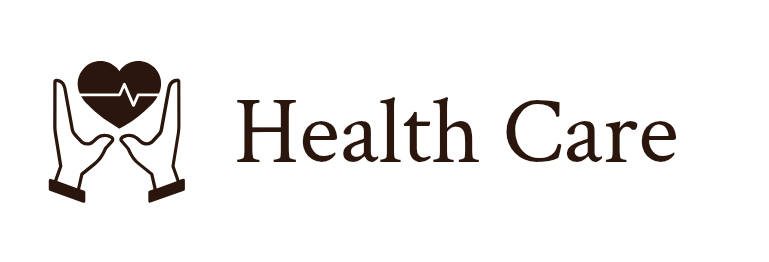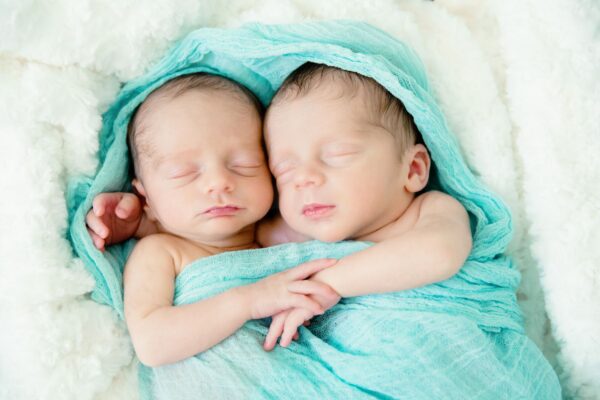Contents
what are your chances of having twins?-2025
Introduction
What are your chances of having twins? Are you curious about your chances of having twins? Whether it’s because of a family history or just the excitement of having two babies at once, many people wonder if they will welcome more than one little bundle of joy into their lives. While some factors are out of our control, there are also steps you can take to increase your chances. In this blog post, we’ll explore the various factors that affect twin pregnancies and answer the question: what are your chances of having twins? So sit back, relax, and let’s dive into this exciting topic!
Heredity and Family History
Heredity and family history play a significant role in determining the chances of having twins. Research shows that if you have a family history of twins, then your chances of having them are higher.
Identical twins occur when one fertilized egg splits into two embryos while fraternal twins result from the release of two eggs at once. The likelihood of identical twins is not influenced by heredity or family history but occurs randomly. However, fraternal twins tend to run in families.
If you are a twin yourself or have siblings who are twins, then your chances of conceiving them increase significantly. This is because multiple pregnancies can be passed down genetically through generations.
It’s also worth noting that women who undergo fertility treatments such as IVF are more likely to conceive multiples than those who conceive naturally. In fact, some doctors may recommend transferring multiple embryos during IVF treatment to increase the chances of success.
If there is a history of multiples in your family tree, it could mean an increased chance for you too!
The Age Factor
The age of a woman is a significant factor for the chances of having twins. As women get older, their chances of conceiving twins increase because of hormonal changes in their bodies. This is because as women age, they produce more follicle-stimulating hormone (FSH), chances of having twins which increases the number of eggs released during ovulation.
Studies have shown that women who are over 35 years old are more likely to conceive twins than younger women. This is because as women age, their ovaries become less responsive to FSH and produce fewer healthy eggs. However, the remaining eggs are more likely to be released at once, increasing the chances of conceiving multiples.
It’s important to note that while older mothers may have an increased chance of having twins naturally, they also face higher risks such as complications
During pregnancy or premature birth. Therefore, it’s essential for them to undergo regular check-ups with their doctors and follow a healthy lifestyle.
While age plays a significant role in determining your chances of having twins naturally, there are other factors that come into play as well. Women should consult with their doctors and consider all these factors before planning for a family.
The Weight Factor
The weight factor is another aspect that can influence the likelihood of having twins. Generally, women with a higher BMI (body mass index) have a greater chance of giving birth to twins. This is because overweight or obese women tend to produce more estrogen than those who are underweight.
Estrogen plays an important role in stimulating the release of eggs from the ovaries during ovulation. Women with higher levels of estrogen may ovulate more than one egg during each cycle, increasing their chances of conceiving fraternal twins.
However, it’s worth noting that being overweight or obese also carries some health risks for both mother and babies. It’s crucial for expectant mothers to maintain a healthy diet and exercise routine throughout pregnancy to minimize these risks.
In contrast, very low body weight can be detrimental to fertility and reduce your chances of having any children at all. So while maintaining a healthy weight is important for overall reproductive health, it’s not recommended to intentionally gain or lose weight solely for the purpose of increasing your chances of having twins.
The Race Factor
Research has shown that there is a “race factor” when it comes to the likelihood of having twins. African American women have a higher chance of conceiving twins than any other race, while Asian women have the lowest chance.
The reason behind this is not yet fully understood, but some theories suggest that it may be related to differences in diet and genetics among different races.
In addition, studies have also found that non-identical twin births are more common among older Caucasian women compared to older African American women. This could be due to factors such as hormonal changes or lifestyle differences between these groups.
It’s important to note, however, that genetics and family history still play a larger role in determining your chances of having twins compared to race or ethnicity. So if you’re hoping for double the joy in your pregnancy, focus on understanding your own family history and exploring options like fertility treatments rather than relying solely on racial statistics.
Increasing the Chances of Having Twins
There are several factors that can increase your chances of having twins. One of them is taking fertility treatments, such as in vitro fertilization (IVF). IVF involves combining an egg and sperm outside the body before implanting it back into the uterus. This increases the likelihood of multiple embryos developing.
Another way to increase your chances is by having a family history of twins, especially on the mother’s side. Women who have already had one set of fraternal twins also have a higher chance of conceiving another set.
Age can also play a role in twin pregnancies. Women over 35 tend to release more than one egg during ovulation, increasing their chances of having fraternal twins.
Additionally, being overweight or obese has been linked to an increased likelihood of having multiples. Researchers believe this may be due to hormonal imbalances caused by excess weight.
While there is no guaranteed way to conceive twins, certain dietary changes may boost your odds naturally. Consuming folic acid-rich foods like leafy greens and legumes has been associated with twinning rates.
It’s important to keep in mind that carrying multiples comes with increased health risks for both mother and babies, so it’s essential to discuss any desires for multiple pregnancies with a healthcare professional before trying any methods for increasing twin conception rates.
Conclusion
While there are no guarantees when it comes to conceiving twins, certain factors can increase your chances of having them. Heredity and family history play a significant role, as do the age and weight of the mother. Additionally, race is another factor that affects twin births.
If you’re hoping to conceive twins, there are some things you can do to increase your chances naturally. However, it’s important to remember that having multiples also increases the risk for complications during pregnancy and delivery.
Whether or not you have twins is largely up to chance. But regardless of how many babies you end up with, every pregnancy should be cherished and celebrated.

